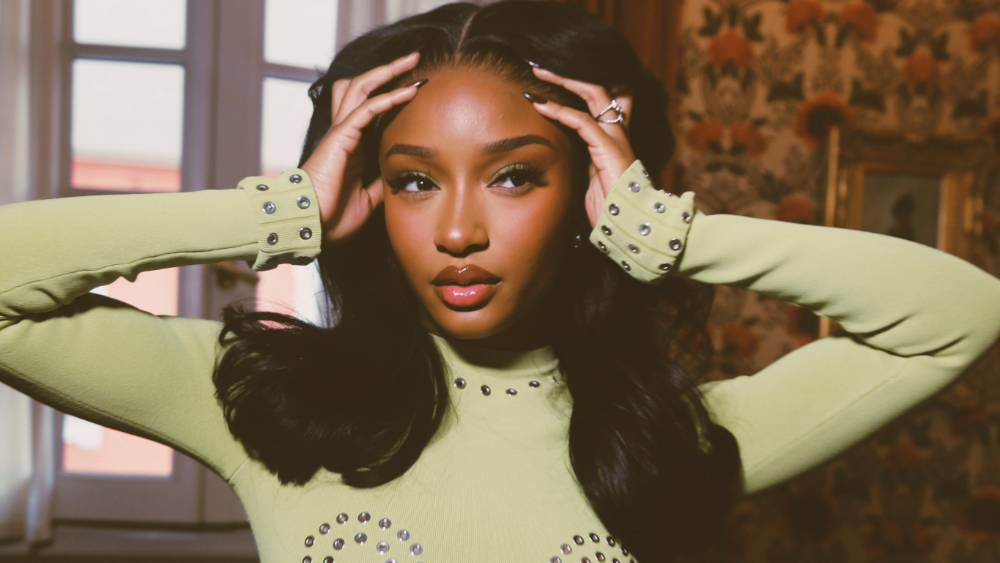Controversial Singer Addresses Public Perception of His Actions and Religion
Nigerian singer and Marlian Music boss, Abdulazeez Fashola, popularly known as Naira Marley, has once again found himself at the center of public discussion, but this time, not for his music or legal troubles. The singer has spoken out against the common tendency of people to associate his lifestyle and actions with Islam, his religious faith.
Taking to his X (formerly Twitter) account, Naira Marley made it clear that he alone should be held responsible for his mistakes, and that his faith should not be used as a reference point for his personal choices.

“Islam is Perfect, Muslims Are Not” – Naira Marley Defends His Faith
In a brief but powerful post, the controversial singer wrote:
“Islam is perfect, Muslims are not. If I make a mistake, blame me, but not my religion.”
His statement comes amid ongoing criticism from people who often use his public behavior to question his religious beliefs. As a devout Muslim, Naira Marley has frequently been accused of not living according to the moral and ethical expectations of Islam.
His message suggests that he acknowledges his flaws as a human being but refuses to let his faith take the blame for his actions. This sparked a flurry of reactions across social media, with both supporters and critics weighing in on the debate.
Mixed Reactions from Fans and Critics
As expected, the post quickly gained traction, with thousands of fans and critics offering their thoughts on the matter. Some supported his statement, agreeing that religious beliefs should not be judged based on an individual’s behavior. Others, however, argued that people in the spotlight should set a better example, especially when they openly identify with a particular faith.
Below are some reactions from social media users:
-
@Mr_Lasdon commented: “This is why Muslims are encouraged to act according to the teachings of Islam. We should always reflect and be good ambassadors of our religion.”
-
@Olumachoo wrote: “Well said! Islam, like any faith, is pure. It’s people who fall short. Judge individuals, not the religion.”
-
@MD_Jatta took a more critical stance: “Oh no, you’re the perfect representation of your religion—flaws and all. By the way, if you can read actual Arabic (which I can), I’ll pick a song from your terrible playlist and torture my ears with it all day long.”
-
@ObinnaCEO shared a philosophical take: “No religion is perfect, just as no human is. Faith is meant to guide, not to claim superiority. What matters is how we live, treat others, and strive for truth.”
A History of Controversy: Naira Marley’s Public Image
This is not the first time Naira Marley has had to respond to criticism regarding his actions. The “Soapy” and “Tesumole” crooner has built a reputation for his rebellious personality and often finds himself at odds with public expectations.
His music, which often features explicit lyrics, has made him a polarizing figure, with some fans admiring his boldness and others condemning his influence on young people. He has also faced legal troubles, including a past case with the Economic and Financial Crimes Commission (EFCC) over alleged cyber fraud.
Despite these controversies, Naira Marley continues to enjoy a massive fanbase known as the “Marlians,” who support his unconventional approach to life and music. His statement on religion and personal responsibility adds another layer to the ongoing debate about how much a public figure’s faith should influence public perception of their character.
Should a Public Figure’s Actions Reflect Their Religion?
Naira Marley’s statement has reignited a broader conversation about the intersection of personal faith and public behavior. While it is true that religion itself remains pure, the actions of its followers can sometimes shape how others perceive it. This raises an important question—should religious individuals, particularly those in the public eye, be expected to uphold a higher standard of behavior?
Many argue that while no one is perfect, people who openly identify with a particular faith should at least strive to be good role models. This is especially relevant for celebrities who have millions of young fans looking up to them. Others, however, believe that personal choices should not be used to judge an entire religion, and that faith should remain a personal journey, separate from one’s public persona.
Read also: Jaywon and Dammy Krane Engage in Heated Social Media Feud Over Davido
The Ongoing Debate: Accountability vs. Judgment
The singer’s statement also touches on a larger societal issue—how quick people are to judge individuals based on their beliefs. It is not uncommon for public figures to be scrutinized more harshly simply because they claim a particular faith.
In many cases, such judgment is selective, with some individuals receiving more backlash than others for similar actions. This leads to the question: should we judge individuals solely based on their deeds, or should their faith be factored into the equation?
While Naira Marley’s critics believe that he should embody the principles of his religion more closely, his supporters insist that his faith is personal, and that no one has the right to dictate how he practices it.
Final Thoughts: A Reflection on Religion and Personal Responsibility
Naira Marley’s statement serves as a reminder that religion is a deeply personal matter, and individuals should be held accountable for their actions without generalizing their faith. While his critics argue that his behavior contradicts Islamic values, his supporters believe he should be judged as an individual rather than as a representative of his religion.
Regardless of where one stands on the issue, one thing is certain—faith and personal responsibility will always be complex topics, especially in a world where public figures are constantly under scrutiny.
For now, the debate continues, and Naira Marley remains a figure who thrives in controversy, sparking conversations that go beyond music and into societal and moral issues.
















Got a Questions?
Find us on Socials or Contact us and we’ll get back to you as soon as possible.